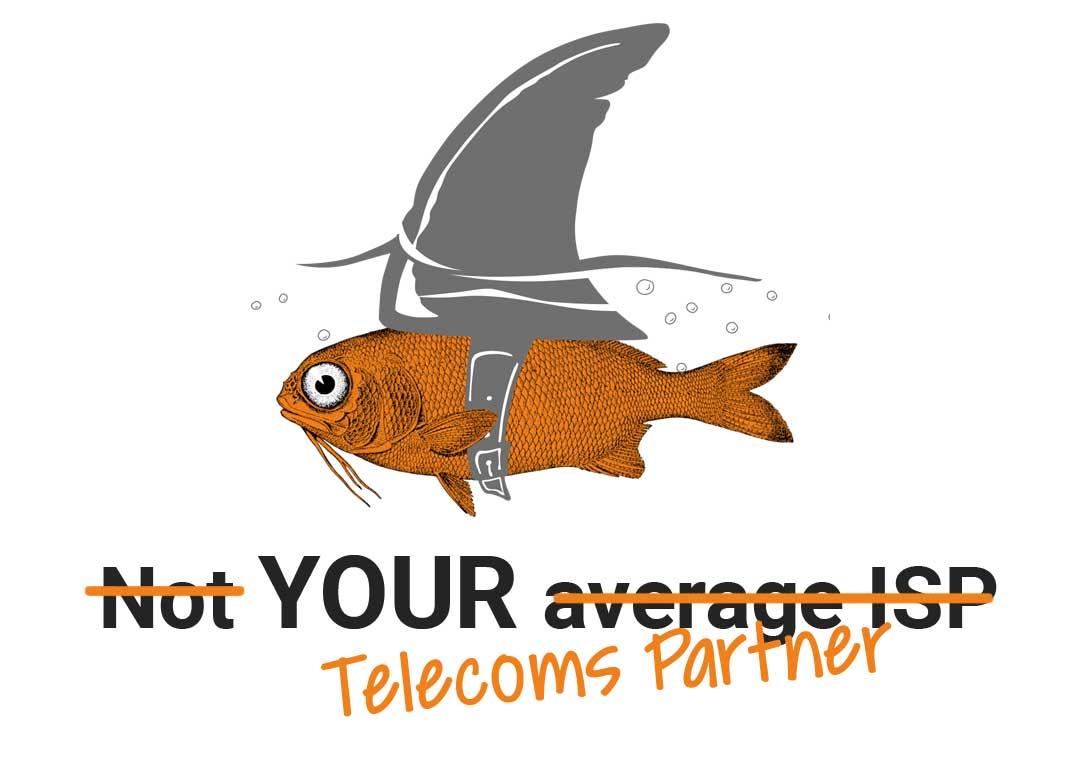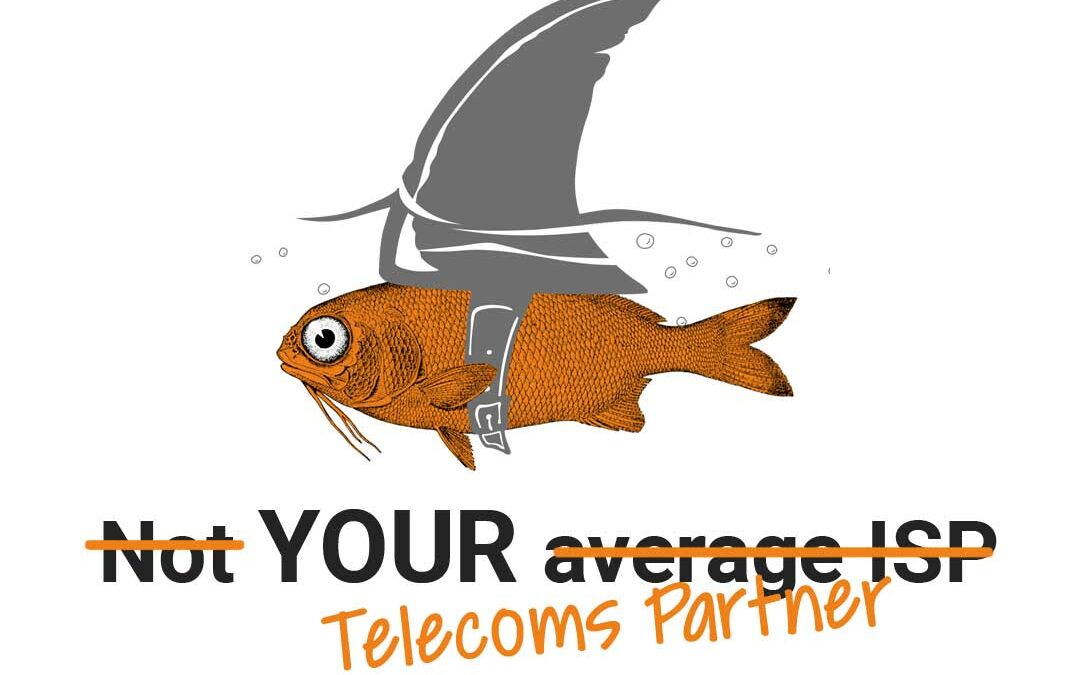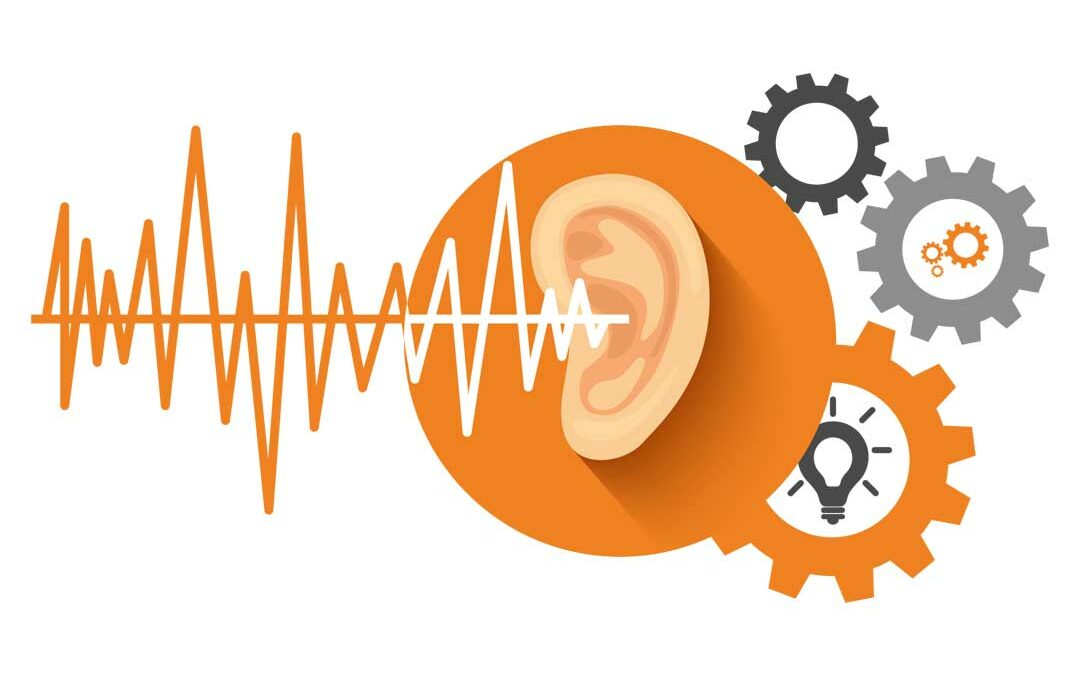If you’ve been experiencing sluggish speeds or breaks in connectivity over the past week, that’s probably because your ISP relies on either the West Africa Cable System (WACS) or South Atlantic 3 (SAT–3) for international traffic. Considering that networks can easily be designed with multiple redundancies in place, and that there are now eight undersea cables connecting South Africa to the rest of the world, there is no excuse for the disruption local customers have been experiencing, says Eduard du Plessis, CEO and Founder of Fixed Mobile Telecoms (FMT).
It’s been a tough week for South Africa’s ISPs. With two of the submarine cables that connect South Africa to Europe going down and impacting connectivity across the country, many ISPs have been scrambling to try mitigate the impact of the cable breaks.
Various media outlets have reported on the measures being taken, ranging from using alternative cables and routes, to using new backhaul suppliers. Many ISPs have upgraded their National Long Distance (NLD) services from Cape Town to Johannesburg so they can consume more from Johannesburg to help alleviate congestion and slow speeds, but customers have still felt the impact of the severe service degradation caused by the breaks in the West African Cable System (WACS) and the South Atlantic 3 (SAT–3) undersea cables. Some customers have had to deal with sluggish international speeds, while others have had difficulty accessing certain sites due to congestion of specific links.
Current estimates for repair on the two broken cables are around six to eight weeks. Despite the measures they have put in place, ISPs can’t afford to limp along with contingencies for months. What they need is resilience and a 100% available network all the time. Unfortunately, even though local ISPs no longer have to spend as much money on international transit, they are still limiting themselves to one or two undersea cables in order to save costs and avoid long-term contracts.
Resilience and availability
South Africa experienced similar disruption in 2020 when the WACS cable went down for weeks, following a simultaneous dual cable break of WACS and SAT-3 a few months earlier. While SAT-3 is one of the oldest undersea cables, it still sees heavy traffic, and 39% of all of South Africa’s international traffic goes through WACS.
Three years later, most South African ISPs are once again having to scramble to meet their SLAs. This is because very few are using a network that has been designed for failure, despite the fact that history has proved that undersea cables can break – and will break.
Designed for failure
FMT’s network was designed for fibre failure, with multiple redundancies built into connecting to the rest of the world, so it’s no wonder that we have seen a 50% rise in capacity on our international side in the past week. In fact, the impact of the breaks in WACS and SAT-3 is zero to FMT customers, as our network was designed to ensure the kind of resilience that can survive a disruption of this nature.
With a minimum of three national long distance links into every major node, up to five where practical, we have built our network to guarantee 100% availability for both NLD and IP transit services. Using four undersea cables to ensure redundancy, we switch live traffic in real-time to ensure no cable breaks interrupt our customers’ service. Our network has been designed to be so smart that only our engineers would have known there was a problem when WACS and SAT-3 broke.
In other words, we have been experiencing business as usual despite the break in the undersea cables. The fact that a number of ISPs have turned to us to help mitigate the effects of this current outage proves that our network design delivers on our promise of providing carrier solutions, the way they are meant to be. With a single point of contact to ensure that ISPs and other customers can get answers to their queries, we have seen how the effects of the current outage have proved the worth of a network design like ours.


